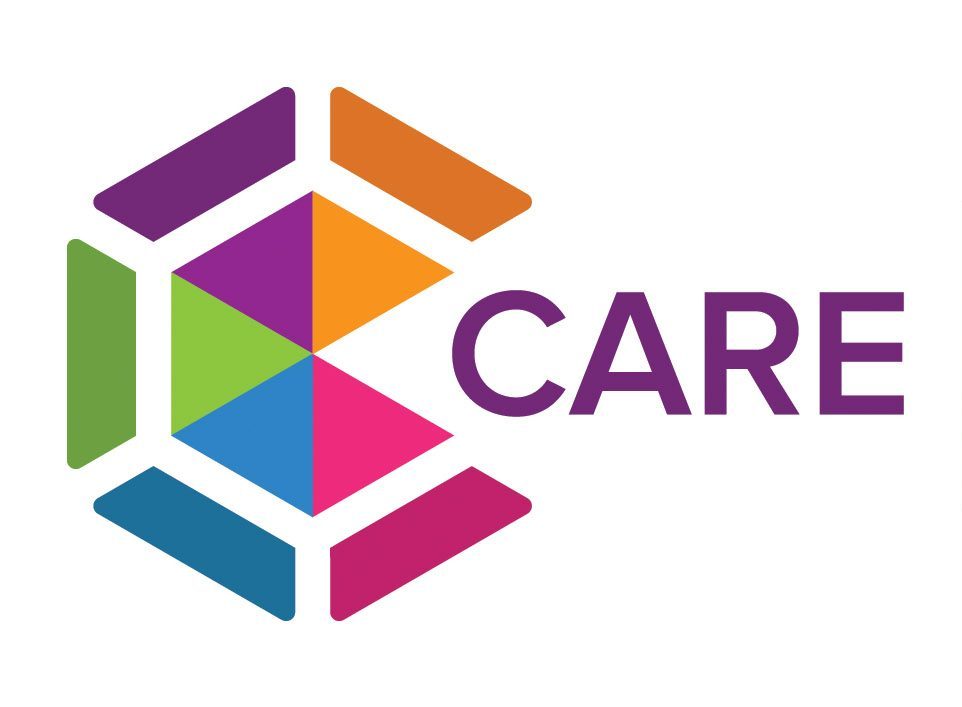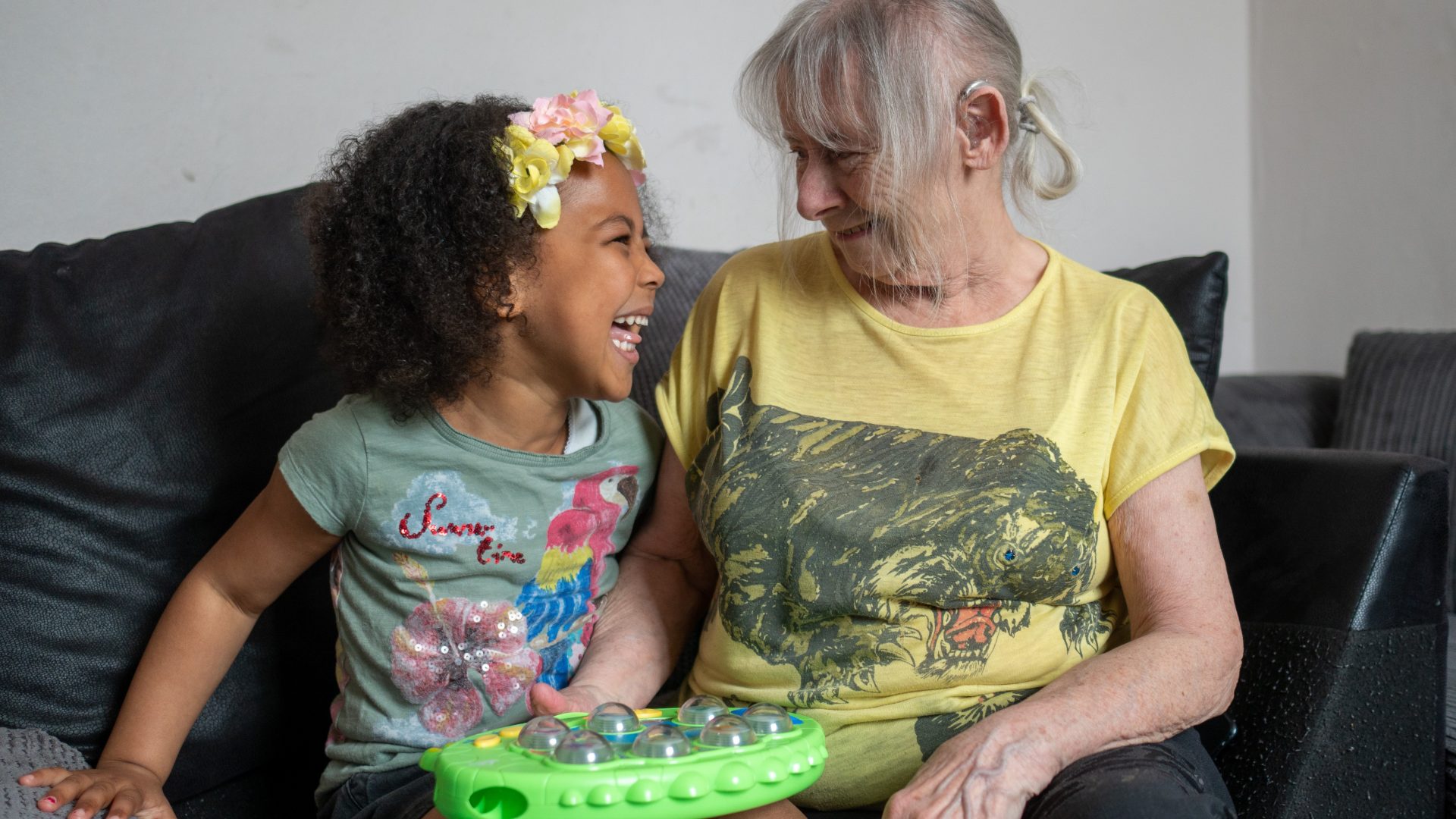By Harry Lightfoot
Over the summer I interned with CARE. My project was a literature review of ageism in Wales, and we worked alongside the Ministerial Advisory Forum on Ageing (MAFA) in the Welsh Government, with the findings from the literature review aiming to support a funding bid for an anti-ageist campaign in Wales. It was great to be able to contribute meaningfully to such an important project and policy area and work within such a supportive and friendly team.
The review involved a total of 2231 documents, which were then filtered down to 75 documents in the report. This revealed many interesting findings from a wide range of aspects of older people’s lives. Here are some stand-out findings:
- Ageism reduces lifespans: people with positive self-perceptions of ageing lived 7.6 years longer than people with negative perceptions. Most negative perceptions were internalised ageist stereotypes.
- Ageism worsens unemployment: older workers are 21.2% less likely to get an interview and are offered jobs that pay 15.7% less.
- Retirees contribute heavily to the economy: older people perform significantly more volunteering, informal adult care and caring for children. The Welsh Government found that older volunteers contribute an equivalent of 3.1% of Welsh GDP through hours worked. Therefore, older people support the economy even after leaving work.
- Age discrimination increases the risk of clinical frailty*: older people who experience age discrimination are at greater risk of frailty, as they feel marginalised and socialise or exercise less.
- Older people do not receive equal legal protection: assault based on age is not considered a hate crime, carrying a lesser sentence (6 months) than assaults based on other protected characteristics like race or gender (2 years). Older domestic abuse survivors are also subjected to a ‘welfare-centric’ approach which denies them access to criminal or civil justice.
- We need to redefine the ageing process: we must define older people not by their prior achievements but by what they can achieve in the future. Promoting resilience is essential for healthy ageing, older people must be supported to continue their lifestyle and passions as they age.
More generally, I found that whilst the Welsh Government has made significant progress in policy and creating age friendly organisations, success cannot be achieved without a fundamental change in our attitudes. Ageism remains broadly socially acceptable, unlike sexism or racism. Campaigns are necessary to raise awareness of ageism in society and prevent the internalisation of ageism in younger people. We must also form renewed intergenerational bonds through socialisation and leisure with people of different ages.
Alongside producing my report, I was also supported by the Welsh Government and CARE to communicate its findings. This involved a presentation to staff within the Welsh Government halfway through my project, and a larger presentation to Councillors and other government staff at the end of my internship. The report of my project is published here.
*We acknowledge that the word frailty can mean different things to different people in different settings and can be viewed negatively. Here, the author refers to the diagnosis of clinical frailty which is used in healthcare to describe a person’s physical and mental state when putting together a care plan.

